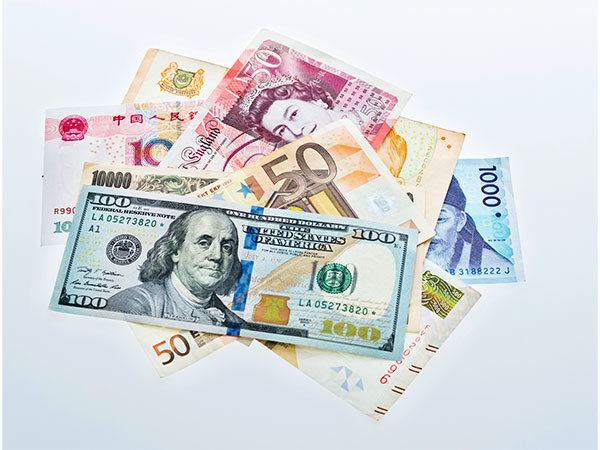India’s foreign exchange reserves hit a new record high of $683.987 billion, increasing by $2.299 billion in the week ending on August 30. This surge in reserves marks a significant rise of over $60 billion in 2024 alone. The upward trend in reserves serves as a buffer to insulate the domestic economy from global shocks. India’s foreign currency assets (FCA), the largest component of forex reserves, increased by $1.485 billion to $599.037 billion during this period.
Moreover, gold reserves also saw a rise of $862 million, reaching a total of $61.859 billion. With estimates suggesting that India’s foreign exchange reserves are now enough to cover approximately a year of projected imports, the country appears well-equipped to face any economic challenges. In the calendar year 2023, India added around $58 billion to its foreign exchange reserves, contrasting with a cumulative decline of $71 billion in 2022.
Forex reserves are assets held by a nation’s central bank or monetary authority, typically in reserve currencies such as the US Dollar, Euro, Japanese Yen, and Pound Sterling. The Reserve Bank of India (RBI) closely monitors the foreign exchange markets and intervenes as necessary to maintain orderly market conditions and prevent excessive volatility in the exchange rate. The RBI’s interventions aim to contain sharp depreciation of the rupee through liquidity management strategies and the sale of dollars.
India’s increasing foreign exchange reserves reflect the country’s growing economic strength and stability. The thriving reserves provide a cushion against external shocks and ensure financial security. This robust reserve position is essential for maintaining investor confidence, supporting external trade, and promoting overall economic growth. As India continues to build its forex reserves, it sets a solid foundation for long-term economic resilience and sustainability in the global financial landscape.
In conclusion, India’s record high foreign exchange reserves underscore the country’s strong economic fundamentals and prudent financial management. With a substantial increase in reserves in 2024 and sufficient coverage for projected imports, India is well-prepared to navigate any unforeseen economic challenges. The RBI’s proactive interventions in the foreign exchange market demonstrate a commitment to maintaining stable exchange rates and supporting overall economic stability. By bolstering its forex reserves, India reinforces its position as a key player in the global economy, attracting investments and fostering sustainable growth in the long run.











